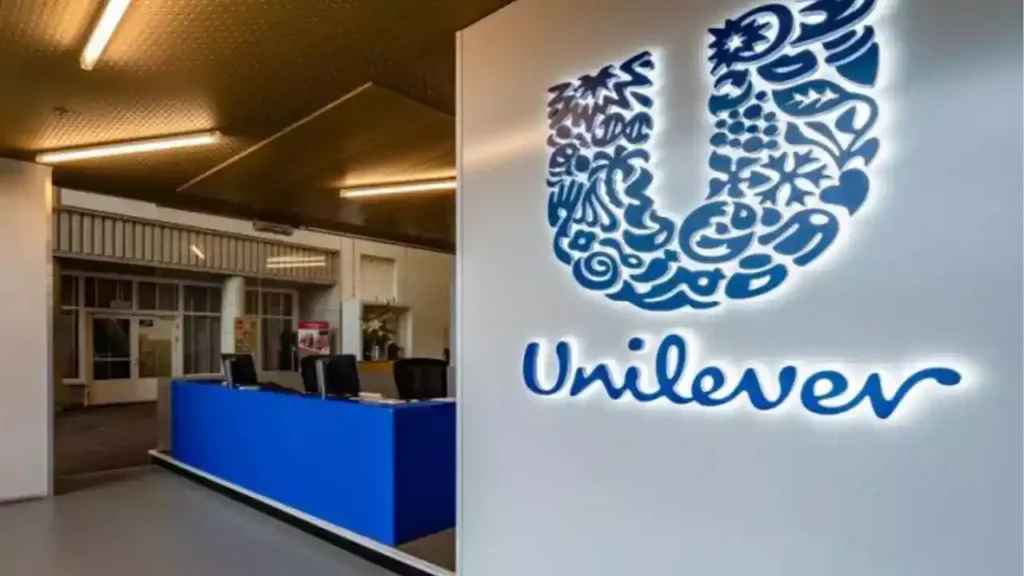Hindustan Unilever Ltd (HUL) is considering the possibility of separating its ice-cream business into an independent unit, potentially as a step towards a future sale, according to sources familiar with the situation.
This comes after Unilever‘s recent decision to spin off its ice-cream division to focus on segments with a similar operating model and supply chain.
Continue Exploring: Unilever announces spin-off of ice cream business, 7,500 job cuts planned in cost-cutting effort
The ice-cream business demands a unique approach to both manufacturing and distribution.
For India’s largest consumer goods company, the ice-cream segment contributes approximately INR 2,000 crore, or about 3% of its total sales, featuring brands like Magnum and Kwality Wall’s. While HUL leads in the home and personal care categories, it lags behind Amul in the Indian ice-cream market.
In the market, HUL has faces off against a range of domestic and foreign brands, such as Baskin Robbins, Mother Dairy, Vadilal, CreamBell, Naturals, and Havmor.
“Given that ice-cream can be expanded in both mass and premium segments, it presents an appealing opportunity in India,” commented one of the executives mentioned earlier. “If HUL receives a high valuation, it may consider a potential sale. Otherwise, the current internal strategy is to rapidly grow the business as a distinct entity for 12-15 months before determining the next steps.”
Unilever is the world’s largest ice-cream producer, boasting brands like Ben & Jerry’s and Magnum. The €7.9 billion ice-cream business represents 16% of its global revenue and holds a leading market position in numerous countries.
Industry insiders suggest that an existing player in India is unlikely to acquire HUL’s ice-cream business, and a potential sale could be to a multinational company or private equity firms. Additionally, they mentioned that the strategy will be entirely influenced by Unilever’s decisions regarding its ice-cream business.
After Unilever’s announcement, the India unit stated that it is evaluating the next steps.
Continue Exploring: Hindustan Unilever evaluates options for ice cream business future amid global restructuring by parent company
“We are assessing the different options for the Indian ice-cream business following this announcement,” said an HUL spokesperson. “We plan to consult with the HUL board and Unilever management in the upcoming months. Once a decision is reached, we will provide further updates.”
The ice-cream business has unique characteristics compared to other products, including a cold-chain requirement, a specific go-to-market operating model, seasonality, and its own innovation cycle.
HUL expanded its ice-cream business through acquisitions, including Kwality in 1994 and Adityaa Milk in 2018.
In India, HUL integrated Kwality’s branding with its global label Wall’s, which was originally introduced in 1922 and is marketed in over 50 countries under various local names. The brand is known as Algida in Italy and Turkey, Langnese in Germany, Kibon in Brazil, Streets in Australia, and Ola in the Netherlands. Consequently, all these brand names, including Kwality Wall’s, are owned by Unilever.
“If an offer to acquire HUL’s ice-cream business arises, we will definitely consider it. The ice-cream category in India is appealing and offers substantial potential. However, the valuations must be realistic,” commented a senior executive from a major packaged foods company.
Continue Exploring: Unilever stays tight-lipped amidst private-equity interest in ice-cream business
In October of last year, Unilever revealed its plans to concentrate on 30 key brands responsible for 70% of its sales and to enhance gross margins.
A report from retail consulting firm Wazir Advisors projects that the Indian ice-cream market will surpass $5 billion in sales by FY25, rising from the current $3.4 billion.
Continue Exploring: From scoops to sundaes: Ice cream sales set to soar 15-20% this summer
